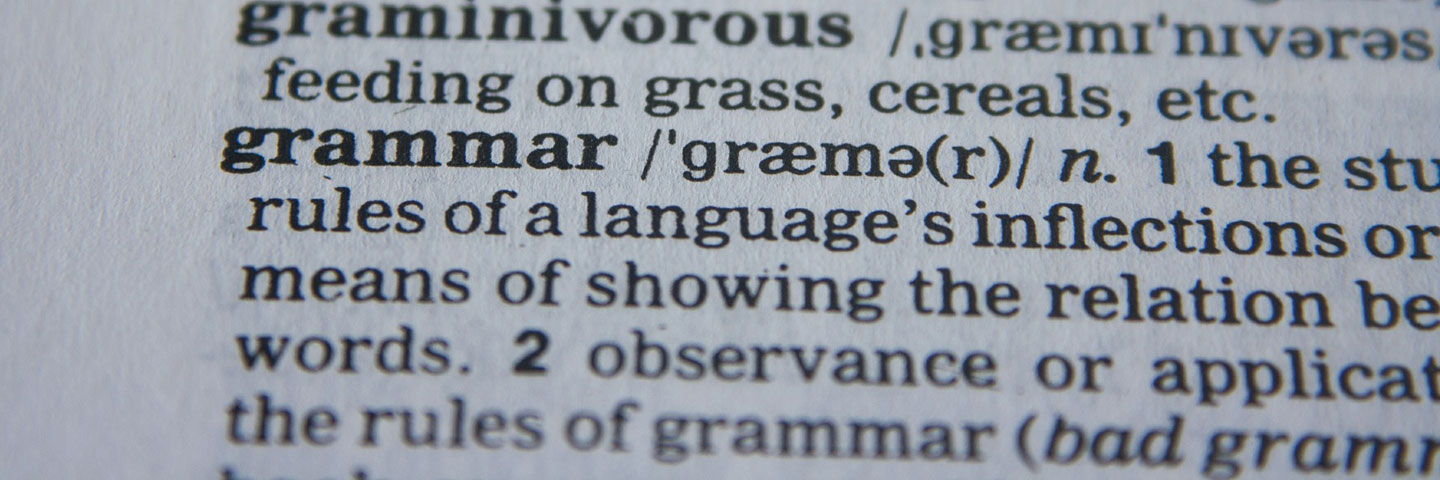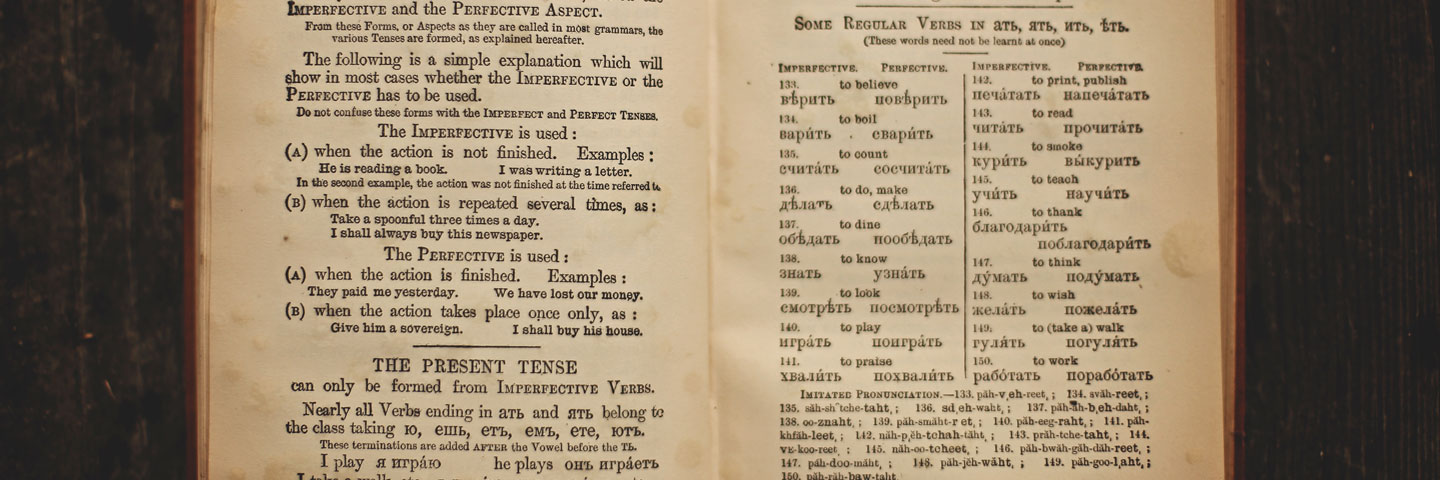Which punctuation mark causes most arguments? In our experience, it’s the humble hyphen. We’ve had clients remove every hyphen in a document, even after we’d sent the final version for typesetting. More often, they adopt the sniper approach, picking off the occasional hyphen which somehow ‘looks wrong’ to them.
One reason for this is obvious: as the excellent Economist style guide says:
There is no firm rule to help you decide which words are run together, hyphenated or left separate.
Or, in the words of the Oxford Guide to Plain English:
It is difficult to use hyphens consistently, and there is usually someone to disagree with your best efforts.
The Economist’s entry on hyphens runs to eight pages. I’m going to limit myself to a couple of observations.
1. Use hyphens for clarity
If we rip out all the hyphens, are we sure we’re not changing the meaning? Consider the following (again, from the Oxford Guide):
The partnership was disrupted by extra marital sex.
versus
The partnership was disrupted by extra-marital sex.
That hyphen has made quite a difference. That’s why my default position is to hyphenate compound adjectives.
It might be perfectly clear to me what the sentence means without the hyphen, but why assume that the reader will reach the same conclusion? It’s better to avoid ambiguities and hyphens help us do that.
2. Don’t demand spurious consistency
Here’s another cause of the hyphen purge: a false belief that we must always treat words in the same way, regardless of their role in a sentence.
Compare the following:
The public sector must increase its efficiency.
versus
Many disagree with the government’s public-sector plans.
The second example is the kind that often ‘looks wrong’ to clients. If public sector isn’t hyphenated in the first sentence, how can it be right to hyphenate it in the second? So they hit the delete key, without considering the meaning.
Public sector should be hyphenated in the second example because it’s a compound adjective: both words describe the plans. Take the hyphen out and it suggests that the government also has private plans, which it just hasn’t got round to telling us.
So if you’re not sure when to use hyphens, stop and think about meaning before you delete one. You might be surprised by the difference it makes.
Find out more
Contact us to discuss how we can help you with your copywriting project.





